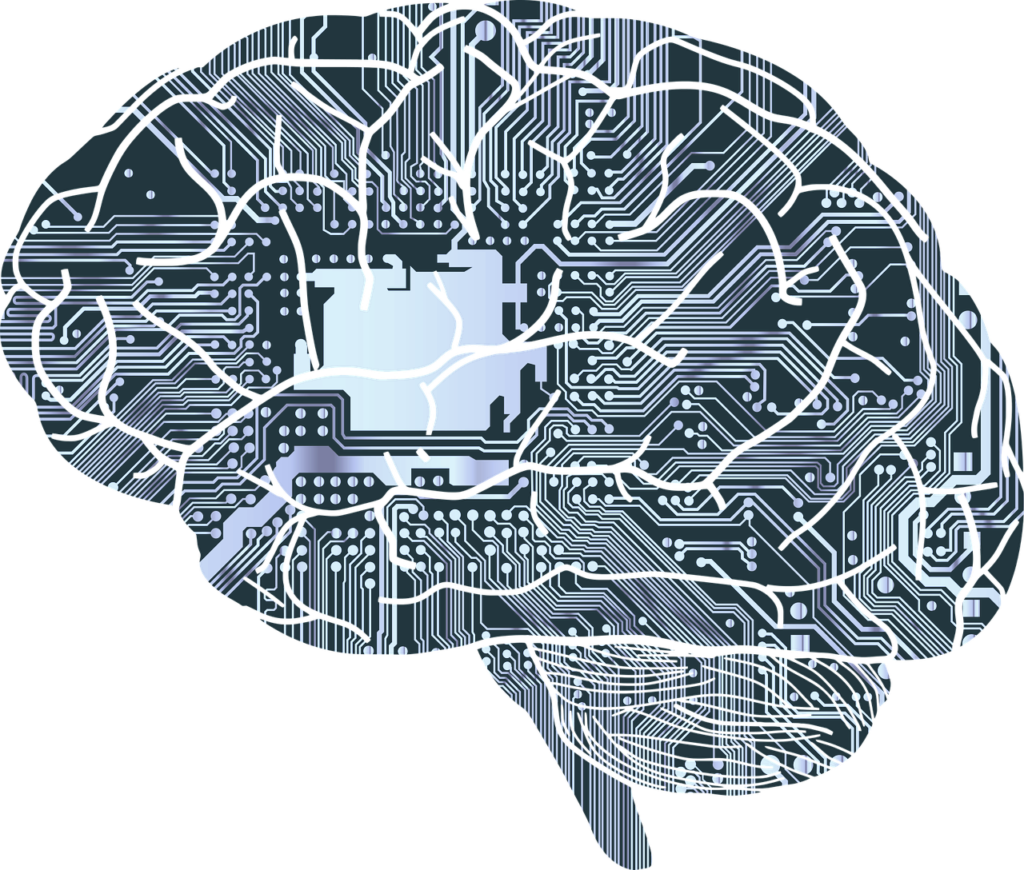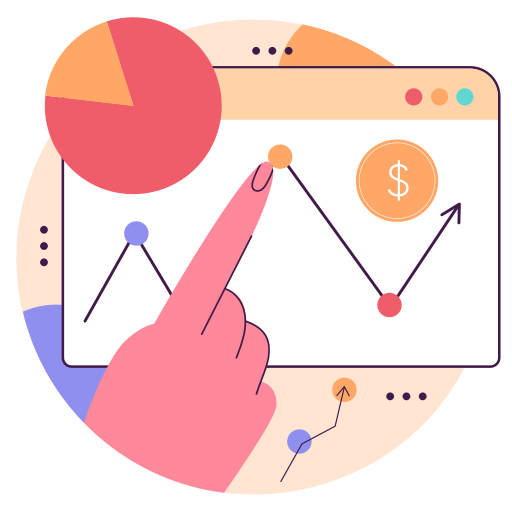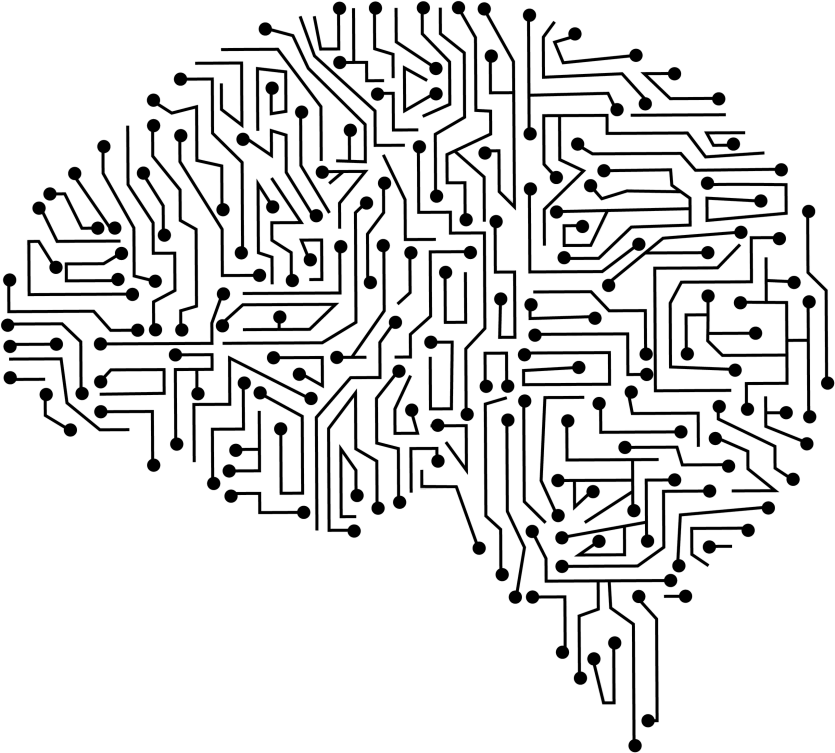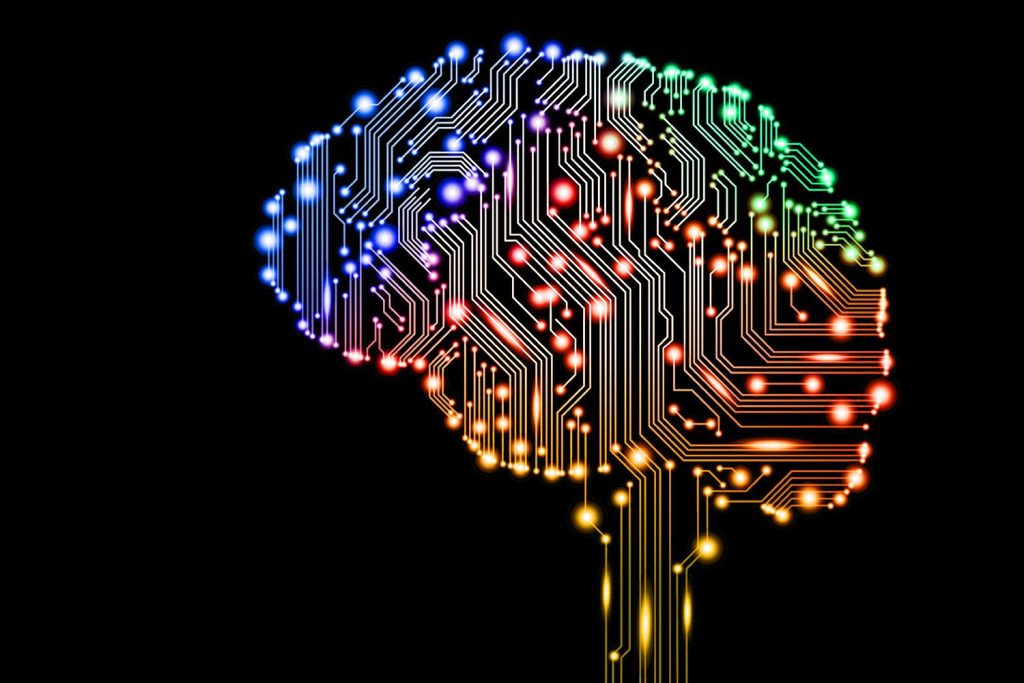The Biggest Companies in Artificial Intelligence | PublicCompaniesAI

Isn’t AI the most profitable tech branch these days? It’s what is on the hearing and also confirmed by numbers: according to recent market reports, the global AI market size was valued at $62.35 billion in 2020 and is projected to reach $733.7 billion by 2027, growing at a compound annual growth rate (CAGR) of 42.2%. Moreover, companies leveraging AI have seen a significant increase in productivity, with some reporting up to 40% improvements in operational efficiency.
Naturally, it makes sense to take a look at the biggest AI players. In this article, we’ll deepen into the biggest companies in artificial intelligence, exploring their contributions and impact on the market.
Understanding AI’s Role in Big Business
AI is revolutionizing the way businesses operate, making them more efficient, innovative, and competitive. Machine learning algorithms, natural language processing, and robotics are just a few examples of how AI technologies are integrated into various industries. These integrations lead to significant advancements, such as predictive analytics in healthcare, automated trading in finance, and personalized marketing in retail.
Examples of AI Integration in Major Companies:

Healthcare:
AI-driven diagnostic tools are helping doctors identify diseases more accurately and swiftly. For instance, IBM’s Watson Health has been instrumental in improving patient outcomes through its advanced data analytics capabilities.

Finance:
Companies like JPMorgan Chase use AI for fraud detection and risk management, making financial transactions more secure and efficient.

Retail:
Amazon’s recommendation engine, powered by AI, personalizes shopping experiences, driving sales and customer satisfaction.
Criteria for Selection
Determining the “biggest” AI companies involves several factors such as market capitalization, revenue generated from AI initiatives, innovation, and the scale of AI integration in their operations. Our list focuses on publicly traded companies known for their transparency and accountability in AI development.

Top AI Companies
1. Google (Alphabet Inc.)
Market Impact: Google is a pioneer in AI, with numerous applications ranging from search algorithms to self-driving cars through its subsidiary, Waymo. Their AI platform, TensorFlow, is widely used by developers and researchers globally.
Achievements:
- Developed Google Assistant, a voice-activated AI assistant.
- Pioneered advancements in natural language processing with BERT (Bidirectional Encoder Representations from Transformers).
- Innovated healthcare solutions through DeepMind, an AI research lab.
2. Microsoft
Market Impact: Microsoft has integrated AI across its suite of products, including Azure Machine Learning, which provides cloud-based machine learning services to businesses.
Achievements:
- Launched AI for Earth, a program aimed at solving global environmental challenges.
- Introduced Cortana, an AI assistant that enhances productivity.
- Developed Project InnerEye, which uses AI for medical imaging.
4. Amazon
Market Impact: Amazon leverages AI extensively for its e-commerce operations, with AI playing a critical role in its logistics, recommendation engines, and Alexa, its AI-powered virtual assistant.
Achievements:
- Developed Amazon Go, a cashier-less store leveraging AI for seamless shopping experiences.
- Innovated personalized recommendations to boost sales.
- Enhanced AI capabilities in AWS (Amazon Web Services).
5. Tesla
Market Impact: Tesla is revolutionizing the automotive industry with its AI-driven self-driving technology. Their AI systems enable autonomous driving, making roads safer and transportation more efficient.
Achievements:
- Developed Full Self-Driving (FSD) software, advancing the future of autonomous vehicles.
- Implemented AI for energy management in Tesla Powerwall.
- Pioneered AI applications in electric vehicles.

The Future of AI and Its Implications
As AI continues to evolve, its potential to transform industries will only grow. We can expect AI to drive innovation in fields like quantum computing, biotechnology, and renewable energy. However, this rapid advancement comes with ethical considerations and regulatory challenges that need to be addressed to ensure responsible AI development.
Ethical Considerations
- Bias and Fairness: Ensuring AI systems are free from biases and fairly represent all demographics is crucial.
- Privacy: Protecting user data and maintaining privacy is paramount as AI systems become more pervasive.
- Accountability: Establishing accountability frameworks to address AI’s unintended consequences is essential.
Regulatory Challenges
- Developing comprehensive regulations to govern AI use while fostering innovation.
- Creating international standards for AI development and deployment.
- Guaranteeing transparency in AI decision-making processes.
Conclusion
AI is undeniably a critical tool for achieving better metrics, improving data management, and gaining a competitive edge in business. The biggest companies in artificial intelligence, such as Google, Microsoft, IBM, Amazon, and Tesla, are leading the charge in leveraging AI to drive innovation and transformation across industries. The importance of ethical considerations and regulatory frameworks cannot be overstated as we look to the future.
Engaging with these leading companies and their technologies is essential for those interested in staying ahead in the AI revolution. Continue exploring, learning, and innovating — because the future of AI is here, and it’s reshaping the world as we know it.